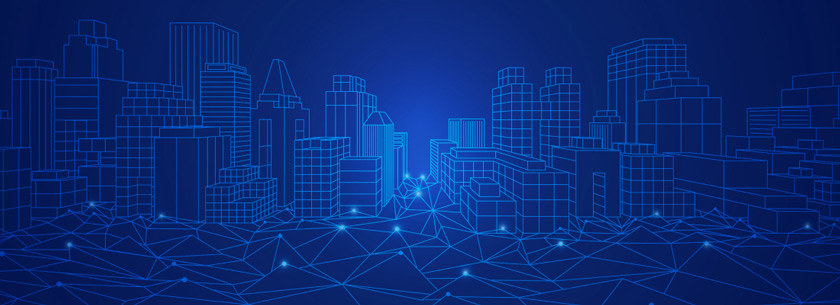
Despite the fact that cryptocurrency is the main field of application of the blockchain technology, it also has the potential for effective work in other areas of human activity. For example, in public administration. However, it will require some adaptation of existing schemes to new needs. However, the benefits of this transition are worth the effort.
Decentralisation and data storage
The main advantage of the blockchain system is decentralised data storage and high resistance to changes that sets it apart from the current way of storing data, used by government agencies around the world. The central server, access to which is strictly controlled, is reliable but not very convenient. Plus, the destruction of this server will lead to the loss of important data. There is, of course, such a thing as a “backup”, but it is much more efficient when such a “copy” is stored on every machine connected to the blockchain network.
Here, however, there is one more difficulty. In a peer-to-peer network, any node can add new information, which is then captured in a chain of blocks. If we are talking about public administration, then we can make sure that only certain validator nodes have the right to add new information. A little less decentralisation, a little more control, which in this situation is quite acceptable.
Transparency
Each blockchain network member has access to all the information contained in this network. So, for example, such a system would significantly facilitate citizens’ access to regulatory documents, as well as real estate registers, which would significantly reduce the likelihood of property disputes.
This system would be especially useful for the prosecutor’s office and other inspection bodies — the immutability of data and free access at any request would eliminate the possibility of officials to misuse public funds, as well as reduce the intensity of corruption.
Overall performance
If public administration switches to using the blockchain system, we will get the following situation:
- There is no need for a bloated administrative apparatus — automated processes will operate instead. And the money saved on this can be used to provide other budget items.
- Orders from the centre instantly reach the provinces, and reports on activities done are the other way around. Effective feedback is very important.
- Citizens will clearly know how things are going with their problems and inquiries, which will no more be “handed around the courts” with an incomprehensible result.
- Confidence in the authorities will appear — it’s hard not to trust someone who, technically, has no “cheat” mechanisms.
Even tax collection will become more efficient. When each person clearly understands the requirements, and the payment process is automated through smart contracts, paying taxes will be much easier and safer. A decentralised storage will ensure the safety of data from any external fraudulent interventions. And the state will not have the opportunity to complain about the fact that someone didn’t pay something on time.
Elections
The combination of the blockchain system and electronic voting, carried out using a unique digital signature tied to an identity document, will automate the existing election system and protect it from outside interference. Data processing is carried out automatically — no need for counting commissions and less opportunity for intervention. The unique digital signature, which can be used in the system only once, makes traditional “elective carousels” and cheating impossible. And this is not fantastic — a simplified version of such elections was held in 2018 in West Virginia, in the context of midterm elections in the United States. The system worked successfully.
Disadvantages and limitations
Some obvious advantages of the blockchain simultaneously appear to be disadvantages. For example, the immutability of data prevents the removal of irrelevant information from the network. For example, it will be extremely difficult to delete information about a criminal record from databases in countries that allow it. Possible, since getting consent of all validators will be easy, but it will take a long time. Especially if you do not equip the system with the data burning feature and cryptographic techniques, such as zk-SNARK.
In addition, all of the listed blockchain advantages are such only from the point of view of ordinary citizens. But the authorities do not need this. The bloated bureaucratic apparatus is an effective society control system. Centralisation of power gives the ability to control every action of province representatives. Opacity and privacy of information is the best way to hide corruption schemes. Therefore, in most countries, the introduction of the blockchain network at the state level will be deliberately sabotaged.
Conclusion
If you do not take into account the active opposition to the introduction of the blockchain system on the part of government officials disinterested in transparent, efficient and democratic governance, the system has huge potential. Almost all aspects of public administration can be changed or rather improved, made more efficient, faster and more transparent. And as technology evolves, soon even the most conservative governments will have to admit that something needs to be changed in the system. But nobody knows when it happens. However, the first signs of global change are already noticeable. In Estonia, for example, the e-Residency program was launched in 2014, which provides citizens of the country with the protection of digital data through blockchain technologies. And this program was an initiative at the state level.




